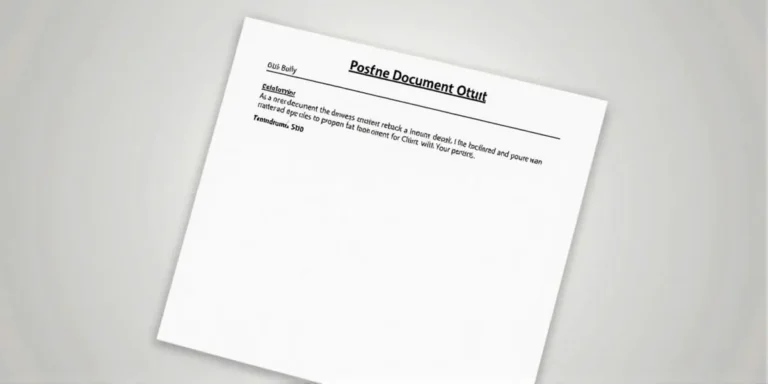A valid will is the cornerstone of estate planning in California. It ensures that an individual’s wishes are carried out after death and prevents unnecessary disputes among heirs. California law has specific requirements that must be met for a will to be legally enforceable. Understanding these rules can help individuals avoid costly mistakes and give peace of mind that their assets will be distributed as intended.
 First, the testator—the person making the will—must be at least 18 years old and of sound mind. Sound mind means the testator understands the nature of the will, the extent of their property, and the people who would normally inherit from them. This requirement is crucial because a challenge to mental capacity can render the will invalid, often leading to court battles. For this reason, many people choose to create wills at a time when capacity is not in question, sometimes even obtaining a physician’s note to confirm competency.
First, the testator—the person making the will—must be at least 18 years old and of sound mind. Sound mind means the testator understands the nature of the will, the extent of their property, and the people who would normally inherit from them. This requirement is crucial because a challenge to mental capacity can render the will invalid, often leading to court battles. For this reason, many people choose to create wills at a time when capacity is not in question, sometimes even obtaining a physician’s note to confirm competency.
Second, California requires that a will be in writing. While oral wills are recognized in some jurisdictions, they are not valid in California. The writing can be typed or handwritten, but each format comes with different legal standards. Typed wills—often drafted with the assistance of an attorney—must be signed by the testator and witnessed by at least two people. In contrast, a holographic will, which is handwritten and signed by the testator, does not require witnesses, but it must clearly demonstrate the testator’s intent to distribute property.
Third, the witnessing process is one of the most common pitfalls. California requires that two witnesses be present at the same time and observe the testator signing the will, or acknowledge the signature on the will. Witnesses must also sign the document themselves. Ideally, witnesses should not be beneficiaries, since a witness who stands to inherit can raise suspicions of undue influence. To avoid complications, most estate attorneys recommend using disinterested witnesses—people who have no stake in the will.
Finally, practical tips can further strengthen a will. Storing the will in a secure but accessible place, informing the executor of its location, and periodically updating it as life circumstances change are all critical steps. Individuals with complex estates may also consider adding notarization, though not legally required, as an additional layer of authenticity. Clear communication with family members and professional guidance from a California estate planning attorney can help reduce the likelihood of disputes.
Quick Reference: California Will Requirements
| Requirement | Standard Typed Will | Holographic (Handwritten) Will | Tips to Strengthen Validity |
|---|---|---|---|
| Minimum Age | 18+ | 18+ | Confirm legal adulthood |
| Mental Capacity | Required | Required | Physician note if contested |
| In Writing | Yes (typed) | Yes (handwritten) | Avoid vague language |
| Signature | Required by testator | Required by testator | Use consistent signature |
| Witnesses | 2 required | Not required | Choose disinterested parties |
| Notarization | Optional | Optional | Adds credibility |
In summary, a valid will in California must meet strict legal standards relating to age, capacity, writing, and execution. Whether typed or handwritten, these requirements serve to protect the testator’s intentions and prevent disputes among heirs. By carefully following the rules and adding safeguards like disinterested witnesses or notarization, individuals can ensure that their estate plan carries legal weight and reflects their true wishes.






